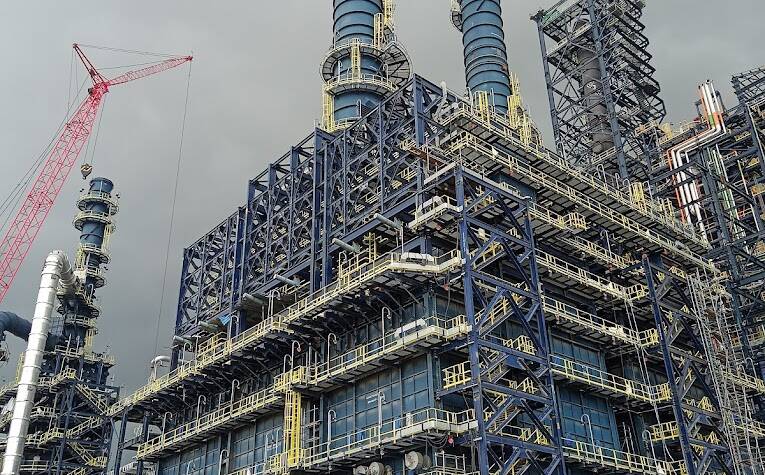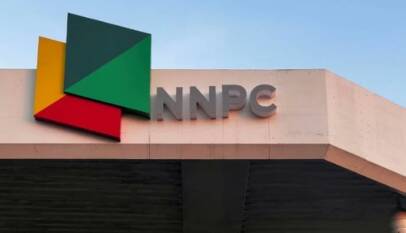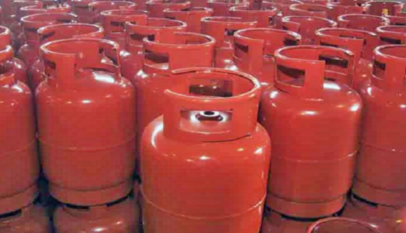Dangote Petroleum Refinery and Petrochemicals has reduced the ex-depot (gantry) price of Premium Motor Spirit (PMS), commonly known as petrol, from ₦880 to ₦865 per litre.
The revised price was officially communicated to marketers and distributors on Thursday, marking another strategic move by the $20 billion refinery to influence the domestic fuel market.
The ex-depot price is the rate at which fuel is sold to marketers at the refinery before it is transported to filling stations.
it would be recalled that the refinery had commenced selling petroleum products to market in dollar, following the temporary halt to the crude-for-naira initiative of the Federal Government through the Nigerian National Petroleum Corporation Limited (NNPCL).
This reduction is expected to result in a corresponding drop in pump prices at retail outlets, particularly those with direct supply agreements with Dangote Refinery, including major downstream players such as MRS Oil & Gas, Ardova Plc, and Heyden Petroleum, who are anticipated to adjust their pump prices to around ₦910 per litre.
An official of the refinery confirmed the development in a private chat with our reporter, stating that the price adjustment is part of ongoing efforts to stabilize fuel prices and improve supply across the country.
The development followed a high-level meeting between officials from the Dangote Refinery and Nigeria’s Minister of Finance and Coordinating Minister for the Economy, Wale Edun, which took place on Tuesday.
While the full details of the meeting were not disclosed, sources suggest that discussions focused on strategies to ease the current fuel supply challenges, improve pricing efficiency, and support broader economic reforms in the energy sector.
The Dangote Refinery, located in the Lekki Free Trade Zone, Lagos, is the largest single-train refinery in the world, with a capacity to process 650,000 barrels of crude oil per day. Since beginning operations, the refinery has gradually ramped up production and supply to meet local demand, positioning itself as a key player in Nigeria’s quest for energy independence.
Industry analysts view the price reduction as a positive step that could ease inflationary pressures and provide some relief to consumers and transport operators facing high energy costs.
However, they also caution that the long-term impact will depend on consistent production, efficient distribution, and broader regulatory support from the government.
As the refinery continues to expand its supply network, further price adjustments may follow in the coming weeks, depending on market dynamics and crude oil prices.


































